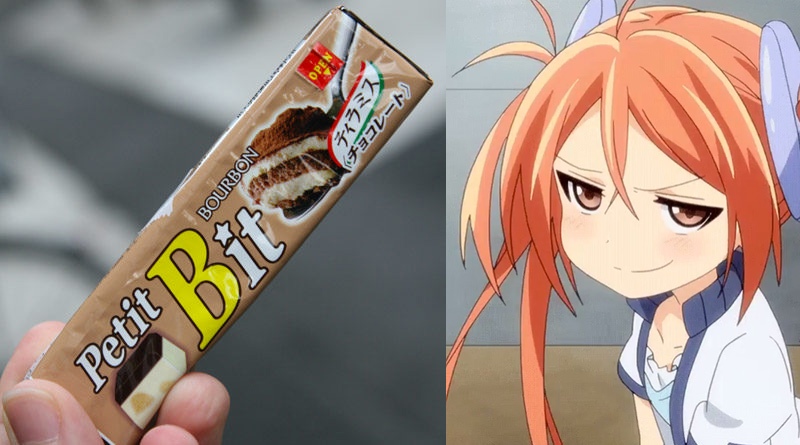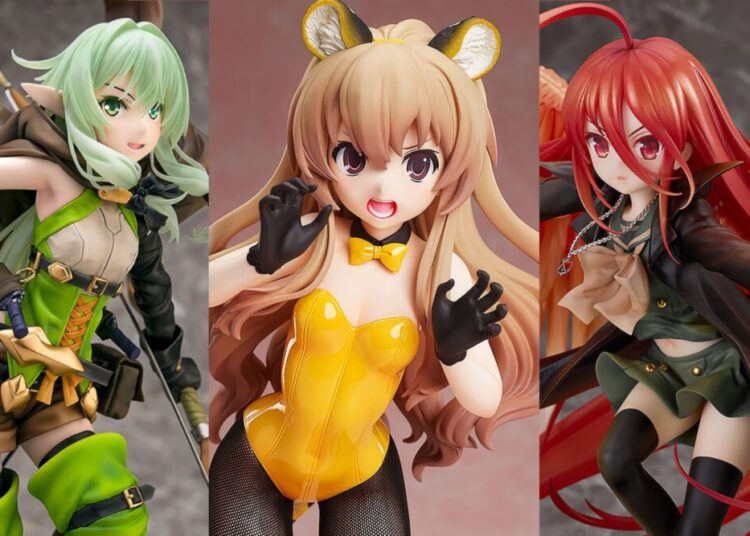It’s common for words in one language to accidentally mean something embarrassing in other languages, and we’ve all giggled at some amusing product or place name we came across. Here are eight Japanese names that are accidentally ecchi for people from foreign countries.
Accidentally Ecchi Names from Japan
Pecorine when she learns that her name apparently means “doggy style sex” in Italian.
(Pecorine is supposedly the plural form, “pecorina” the singular term. Whatever you do, don’t say the second one while ordering pecorino cheese..) pic.twitter.com/XYIDChLFdw
— J-LIST (@jlist) April 30, 2020
Pecorine
When I wrote my post on the cute isekai anime Princess Connect! Re:Dive, Italian readers let me know that the character’s name Pecorine (named for her always-empty stomach) is Italian for making love in the manner of dogs. Yabai desu ne — how crazy is that?
Pajero
The Japanese have a long history of making colorful car names, like the Suzuki Hustler or the Daihatsu Naked Gear F-Series. But Spanish-speakers might giggle at the Mitsubishi Pajero, sold as the Montero or Shogun in some markets, because pajero, unfortunately, means “a male who pleasures himself” i.e. a wanker.
Petit Bit
We’d all love a small bit of chocolate every once in a while. Unfortunately petite bit phrase means “small penis” in French. Oops!

Men’s Fudge
The Japanese can be somewhat “KY” — kuuki yomenai, meaning dense and unable to “read the air” in social situations — about the nuances of some names, like the publishers of popular men’s magazine Men’s FUDGE, which allows hip Tokyo men to follow the latest men’s fashions in London.
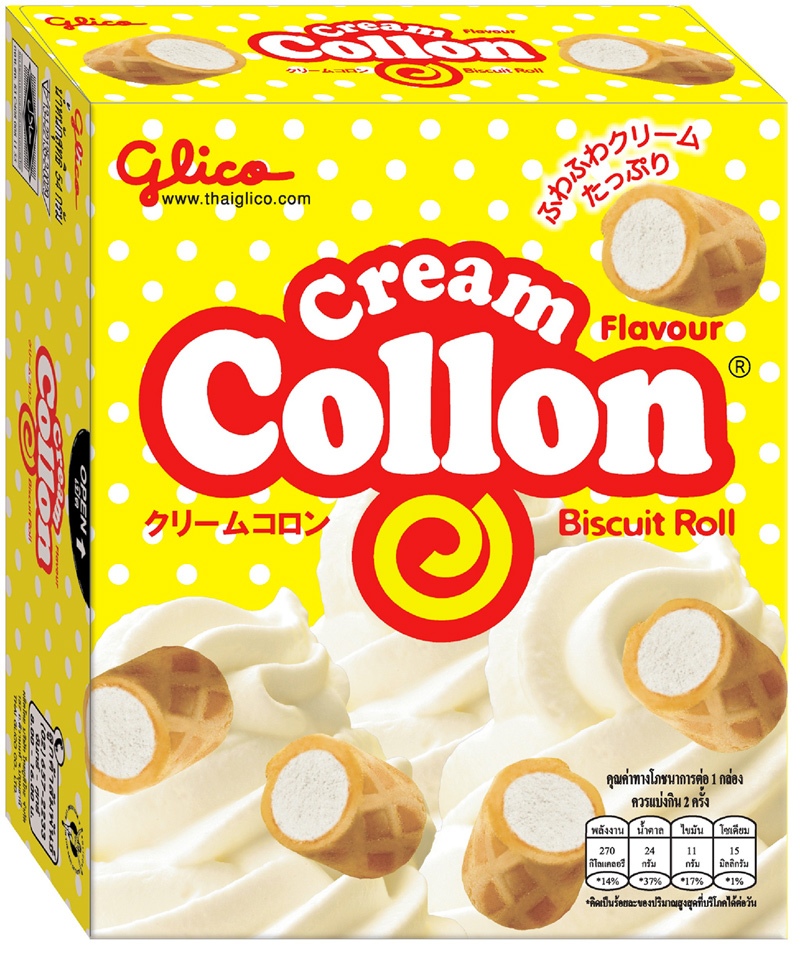
Cream Collon
What better name for a delicious round biscuit thing with cream inside? Also available in chocolate flavor!
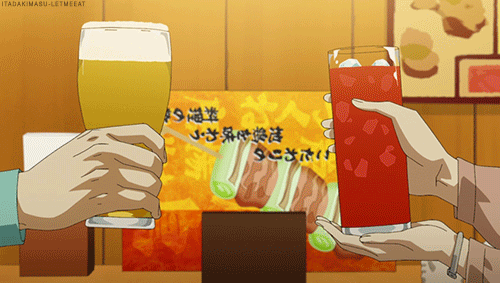
Cheers!
Sometimes accidentally ecchi words go the other direction. The way to say “cheers!” in Italian is chin chin! Which of course means “penis” in Japanese, and made reading the famous line “not by the hair of my chinny chin chin” from the Three Little Pigs awkward.
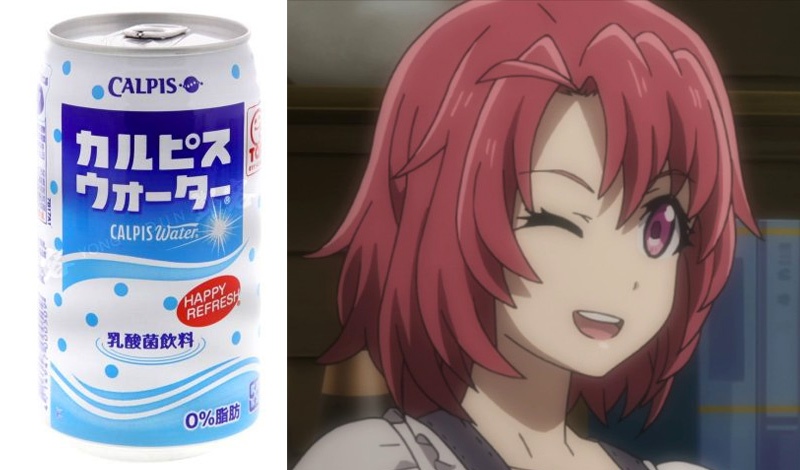
Calpis Water
A healthy soft drink that contains calcium and lactic acid, Calpis always gets giggles for sounding like “cow piss” to English speakers, and the drink is sold as Calpico internationally for this reason. Launched in 1919, it’s been around for more than a century. Think that’s old? The famous Ramune was first sold in 1872.
My reaction when I google Laputa but get la puta madre. pic.twitter.com/jlWfXkl4RI
— J-LIST (@jlist) February 1, 2017
Laputa
When Jonathan Swift wrote his famous novel Gulliver’s Travels, one of the mythical lands he sent Gulliver off to was the floating island of Laputa. Of course la puta means “the whore” in Spanish, a language known to Swift, and the name was making some political point about 18th-century British politics. As a result of this, Hayao Miyazaki’s classic film Castle in the Sky Laputa is marketed simply as Castle in the Sky internationally. Being trolled by a writer nearly 300 years ago is impressive.
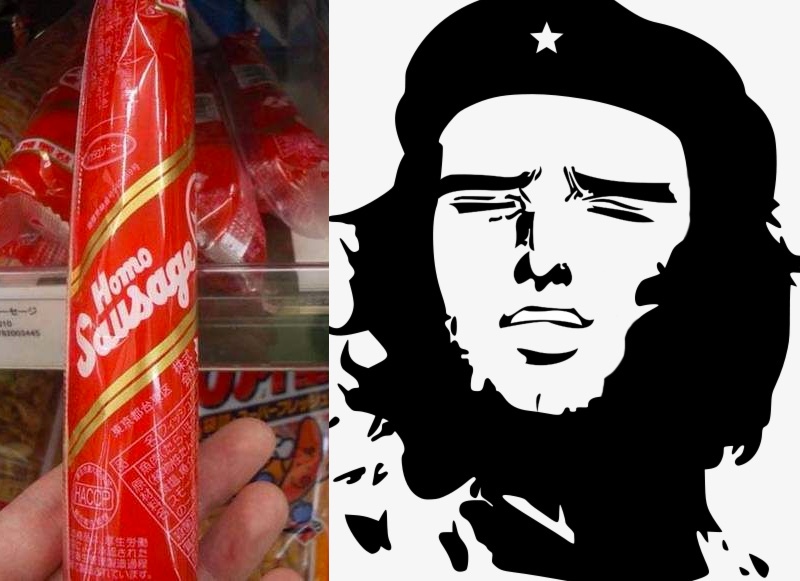
Homo Sausage
Speaking of trolling, I’m sure some of these “accidentally ecchi” Japanese names aren’t accidental at all. The Japanese are huge fans of homogenized fish sausage, and one of the most popular brands is…Homo Sausage. Because of course it is!
Thanks for reading! Did we miss any famous accidentally ecchi names from Japan? Tell us in the comments below!
It’s Golden Week in Japan right now, a collection of various holidays that were placed near each other to give families an opportunity to relax and get away from work for a while. Although it’s been sort of “canceled” but the current crisis, we wanted everyone to enjoy a little Golden Week spirit…and so we’re having a limited $20 coupon off $100 or more through May 6. Have fun, stay safe, and pick up something nice from J-List for yourself!



